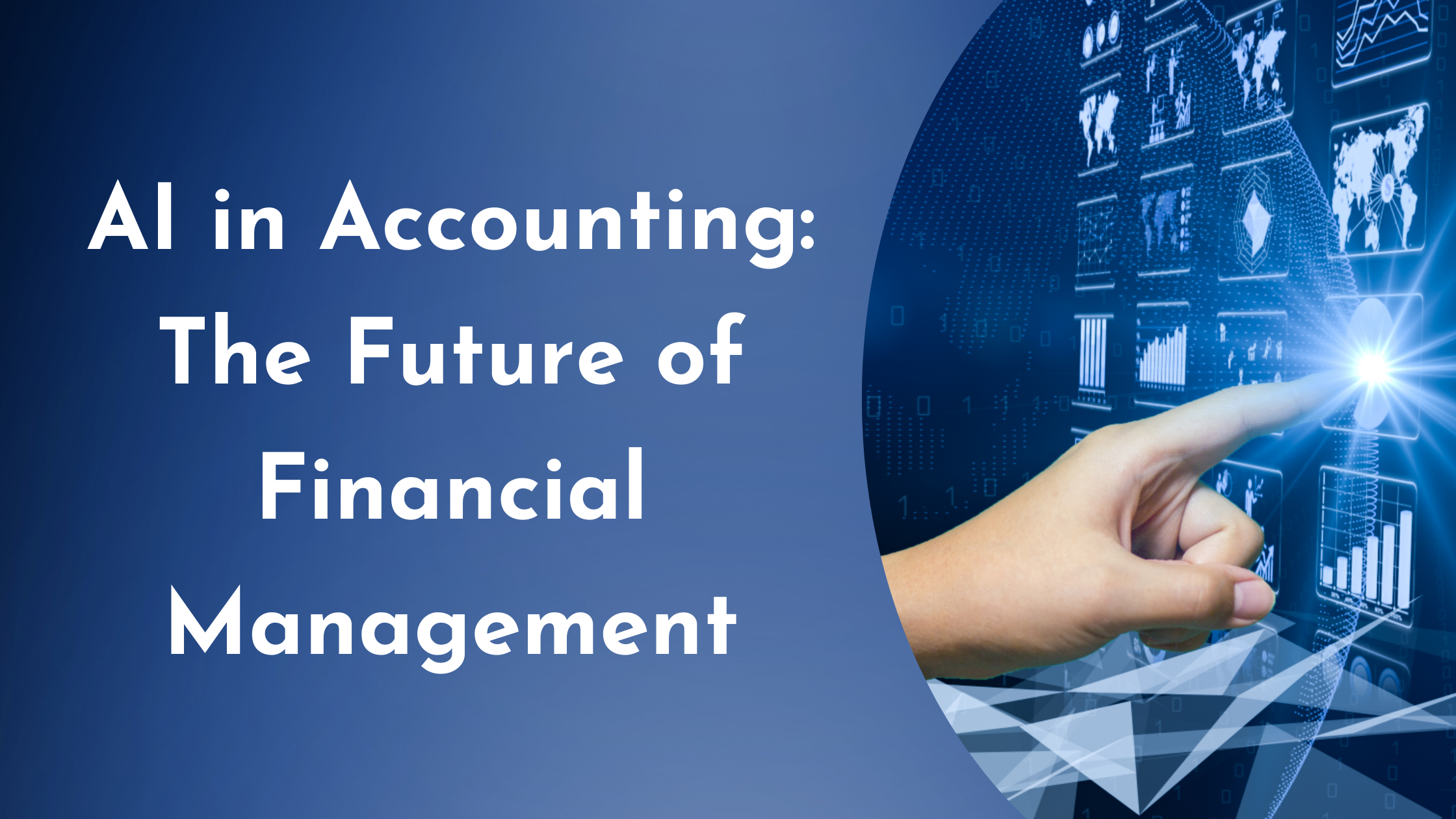Contents
In the fast-evolving financial landscape, businesses are often torn between CPA outsourcing services and managing accounting in-house. With the rise of AI in accounting, this decision has become more critical than ever. Automation and artificial intelligence are not just buzzwords; they are revolutionizing how businesses handle financial processes, including automated bookkeeping, tax preparation, and reporting.
This blog explores the differences between CPA outsourcing and in-house accounting, diving into how automation is reshaping the industry.
Accounting is a vital function for every business, whether you’re a small startup or a global enterprise. Traditionally, companies have relied on in-house teams for payroll, financial reporting, and tax filing tasks. However, the rise of cpa outsourcing services offers a viable alternative, enabling businesses to delegate these tasks to professional firms or remote CPA services.
With the integration of automation in accounting, businesses can achieve greater efficiency, minimize errors, and save costs. But which option is right for your business? Let’s explore the key differences.
Advantages
Disadvantages
Cost Efficiency
By outsourcing, businesses eliminate the need for full-time staff, office space, and additional overheads.
Access to Expertise
Outsourcing firms provide access to specialized professionals, including experts in profit and loss statement analysis, tax planning, and regulatory compliance.
Scalability
With virtual CPA services, businesses can scale their accounting needs up or down, depending on their current requirements.
Focus on Core Business
Outsourcing allows management to concentrate on growth strategies rather than day-to-day financial tasks.
For more insights, read our guide on Top 5 Reasons CPA Firms Should Consider Outsourcing Bookkeeping.
Automation involves application of latest technology and software to integrate and streamline certain practices and processes for CPA firms that can benefit tasks like data entry, reconciliation, data conversion, data calculations, and automatic data sharing.
Accounting automation is made possible with various technologies such as Optical Character Recognition (OCR), Robotic Process Automation (RPA), Cloud Computing, Artificial Intelligence, and Machine Learning.
Automation is transforming traditional accounting processes by introducing tools that handle repetitive tasks. Here are some examples:
Automated bookkeeping tools manage recurring tasks such as invoice generation, data entry, and transaction cataloguing. This means less manual work for small business owners and their teams, decreasing the risk of errors that result in costly mistakes.
Workflow optimization for accountants (example: Keeper, FloQast, Clickup) involves streamlining and improving the processes and tasks within an accounting office to enhance productivity, reduce redundancies, and maximize efficiency.
Learn more, read our guide on How AI Book keeping Solutions is Changing the Game for Small Business Finances

Artificial intelligence is taking automation to the next level. Here’s how AI in accounting is making a difference:
To learn more about accounting services that integrate AI, visit our Accounting Services page.
In-House Costs
Outsourcing Costs
Businesses leveraging automation in accounting report significant benefits:
A tech startup struggled with manual bookkeeping and compliance errors. By switching to virtual CPA services and adopting automated bookkeeping, they:
This case highlights the scalability and efficiency of combining outsourcing with AI-powered tools.
When to Choose In-House Accounting
When to Opt for CPA Outsourcing Services
What Accounting Tasks Can Be Automated?
Steps for Successful Automation in Accounting Task:
Transitioning to AI in accounting requires careful planning and execution.
Implementation of RPA (ROBOTIC PROCESS AUTOMATION)
Robot process automation (RPA), also known as robotic accounting defines turning manual accounting tasks into computerized which helps small business to automate their processes faster with less cost also reducing staff billable time.
Common Challenges of Automating Accounting:
The debate between CPA outsourcing and in-house accounting concerns cost, expertise, and scalability. With AI in accounting reshaping the industry, businesses can now enjoy the best of both worlds. By integrating automation, companies can achieve efficiency, accuracy, and growth, regardless of their choice.

For expert guidance on accounting and automation, contact Clarigro.
Do you have any queries? Feel free to get in touch with our Expert today.
Start your journey with us